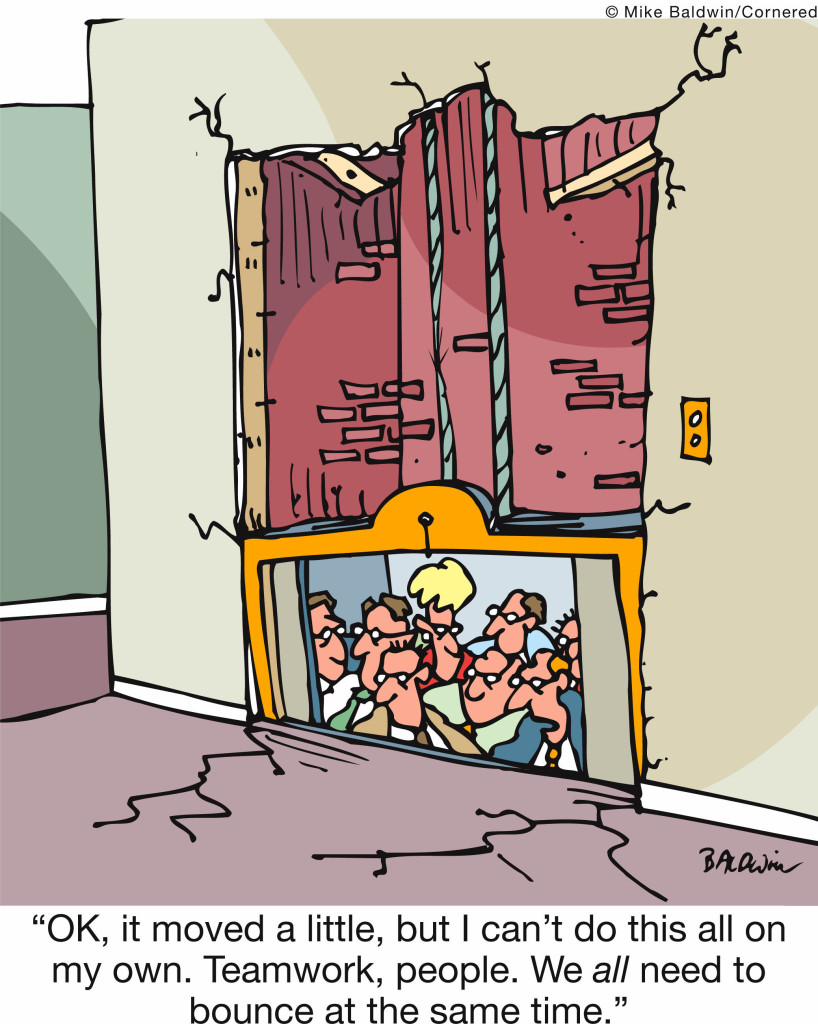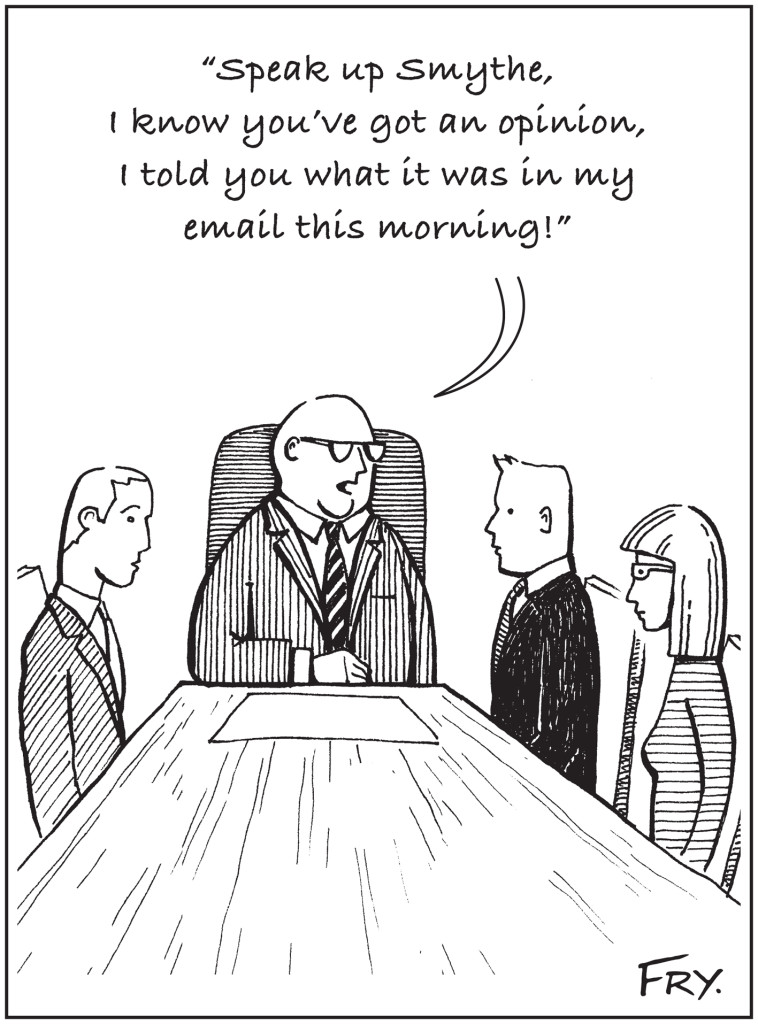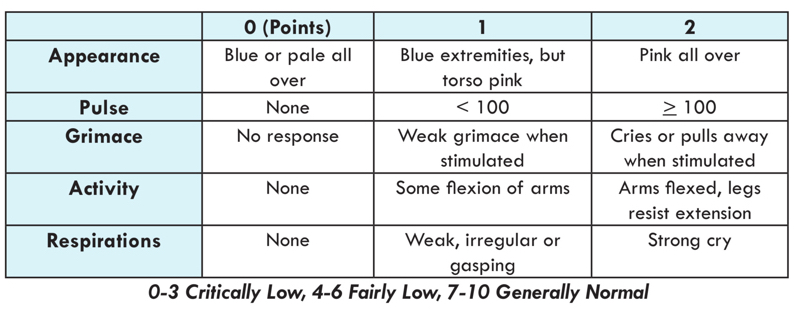 The Pygmalion Effect has its origins in Greek mythology. Pygmalion was a prince of Cyprus and a sculptor who created and fell in love with an ivory statue of his ideal woman. He pleaded with Aphrodite, the goddess of beauty, to give life to his creation, and she obliged. Pygmalion married the woman and they had a perfect life together. He had expected the statue to be perfect in every way, and she fulfilled all his expectations.
The Pygmalion Effect has its origins in Greek mythology. Pygmalion was a prince of Cyprus and a sculptor who created and fell in love with an ivory statue of his ideal woman. He pleaded with Aphrodite, the goddess of beauty, to give life to his creation, and she obliged. Pygmalion married the woman and they had a perfect life together. He had expected the statue to be perfect in every way, and she fulfilled all his expectations.
English playwright George Bernard Shaw used this theme in his popular play Pygmalion. Lerner and Loewe adopted Shaw’s play to create the musical My Fair Lady. In these dramas, a genteel professor transforms a low-class Cockney woman into a lady fit for society primarily by believing in her and expecting the best of her.
The Pygmalion Effect suggests that people will act or behave in the way that others expect them to. One’s expectations of a person can eventually lead that person to behave and achieve in ways that confirm those expectations. It is similar to the concept of self-fulfilling prophecy. The effect can have both positive and negative outcomes—a person expected by his or her superiors to succeed will, but the opposite is also true. The effect is most commonly discussed in terms of education and the workplace, but it can also happen in any one-on-one relationship.
In education
Many studies have been conducted on the Pygmalion Effect in the classroom. Teachers who are given information that certain students are more likely to excel and achieve than other members of the class often find that those students do, in fact, perform better, even if they are not objectively advantaged.
For information on the famous Rosenthal-Jacobson study, go to http://en.wikipedia.org/wiki/Pygmalion_effect
In business
In an article for Harvard Business Review, Sterling Livingston wrote: Some managers always treat their subordinates in a way that leads to superior performance. But most managers, unintentionally treat their subordinates in a way that leads to lower performance than they are capable of achieving. The way managers treat their subordinates is subtly influenced by what they expect of them. If managers’ expectations are high, productivity is likely to be excellent. If their expectations are low, productivity is likely to be poor. It is as though there is a law that caused subordinates’ performance to rise or fall to meet managers’ expectations.
For the entire article go to https://hbr.org/2003/01/pygmalion-in-management
In relationships
Zig Ziglar tells the story of a famous major league baseball player who was speaking to inmates in a prison. One of the inmates asked him, “How did you become a professional ball player?” The pro athlete said, “When I was a child my father would play softball with me in the backyard. Often, when I would throw or catch a ball or swing the bat he would say, ‘You are so good at baseball. Someday you’re going to be a professional baseball player.’ And here I am, a professional baseball player.” The inmate who had asked the question said, “When I was a child, my father told me that I was good for nothing and someday I would end up in prison. And here I am.”
[reminder]What are your thoughts about this essay?[/reminder]
Summary
What? – Often, people will live up to or down to our expectations of them.
So what? – As a parent, friend, or manager, do you have high or low expectations of others?
Now what? – Have high expectations of others.
Leaders – Carefully consider how you relate to your team members. Do you use the Pygmalion effect to your and their advantage?



